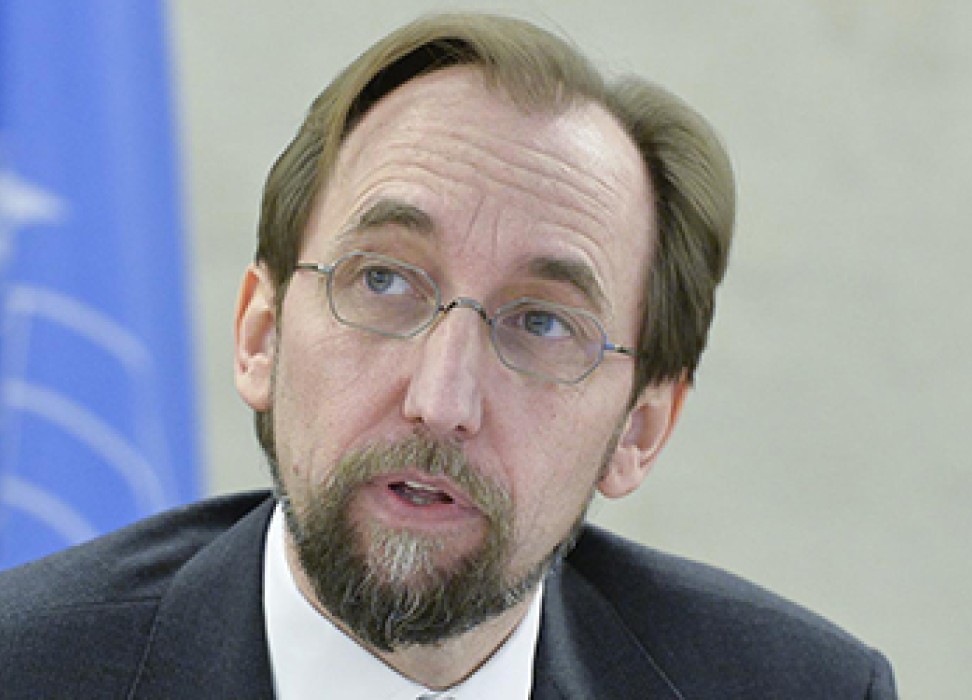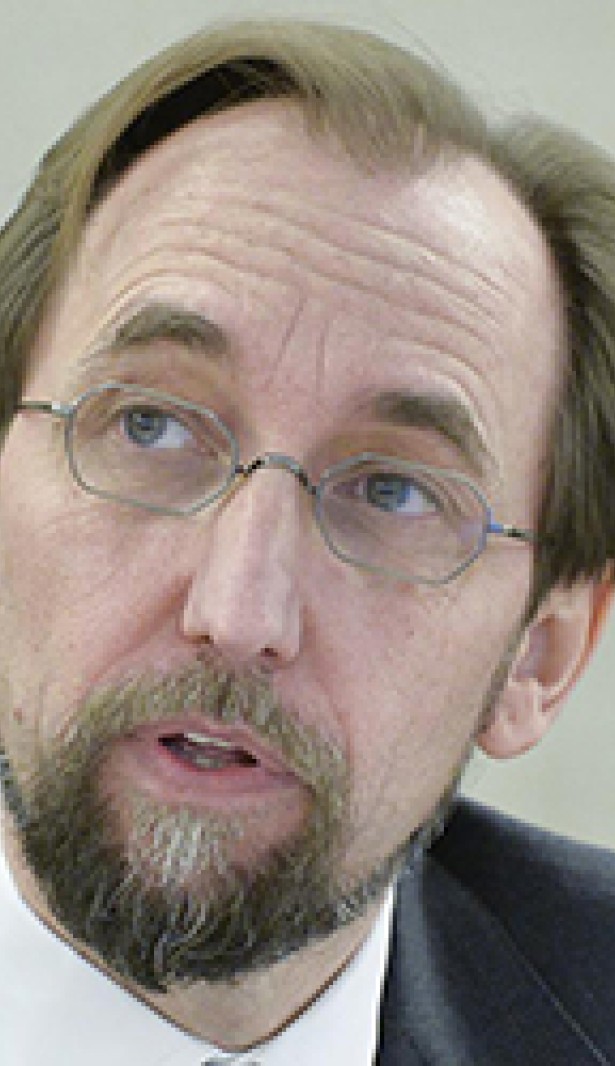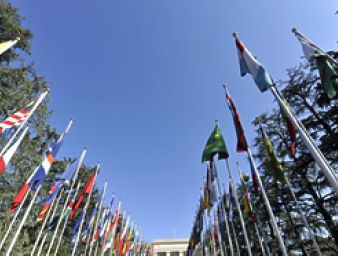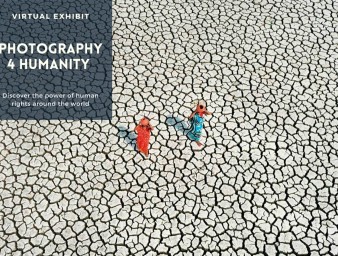National Human rights institutions link international law to local action
17 March 2017

National Human Rights Institutions (NHRIs) have a crucial role to play in promoting and monitoring of human rights laws and standards at the country level.
“We are the ones transforming all these nice declarations real in people’s lives,” said Monseratt Solano Carboni, who heads the National Human Rights Institution (NHRI) of Costa Rica. “We are the bridge to every decision made by the UN Human Rights Council, any observation or recommendation by a treaty bodies. We try to apply it to every individual complaint.”
During the annual conference of NHRIs, which took place in Geneva recently, UN High Commissioner for Human Rights Zeid Ra’ad Al Hussein emphasized the impact the institutions can have on deescalating conflicts.
“This task of prevention, which consists of pushing back against hatred and pushing forward with human dignity, equality and respect – covers the full spectrum of our work, for all rights,” he said. “You are key actors in conflict prevention, owing to your unique position entrusted through your mandates; your knowledge of and involvement in the issues; and your close relationship with affected populations and vulnerable groups.”
NHRIs speak the language of human rights, in a double sense, said Beate Rudolf, chair of the Global Alliance of National Human Rights Institutions (GANHRI), the coordinating body of NHRIs.
“Human rights are a continuous journey. We speak both the political language to help people understand the laws they are implementing. And we literally speak the language of the country.”
In Sierra Leone, the Human Rights Commission has been instrumental promoting human rights and helping to maintain the peace in the country, said Brima Abdulai Sheriff, one of its commissioners. For example, when a conflict between police and members of a local mining community turned deadly, members of the commission held an inquiry. They were able to negotiate and ensure that, among other things, the police took responsibility for the killing of a civilian during the protests.
“Our core function is to help promote human rights,” Sheriff said. “We balance working as an independent institution with working with governments.”
The UN Human Rights Office sees NHRIs as a key part of the human rights protection system, said Vladlen Stefanov, chief of the Office’s National Institutions, regional mechanisms and civil society section.
All NHRIs must comply with the internationally agreed Paris Principles, which identify their human rights objectives and provide for their independence, broad human rights mandate, adequate funding, and an inclusive and transparent selection and appointment process. The UN Human Rights office has identified as one of its primary goals assisting NHRIs to achieve the standards set down in the Paris Principles, Stefanov said.
“They are key players because first they are state agencies so they are authoritative actors, being entrenched in the institutions and also the country,” he said. “They are independent institutions there to serve as checks and balances together for promotion and protection of human rights.”
The UN Human Rights Office provides secretariat support to GANHRI, its Bureau and the Sub-Committee on Accreditation, which is currently in session in Geneva.
17 March 2017




